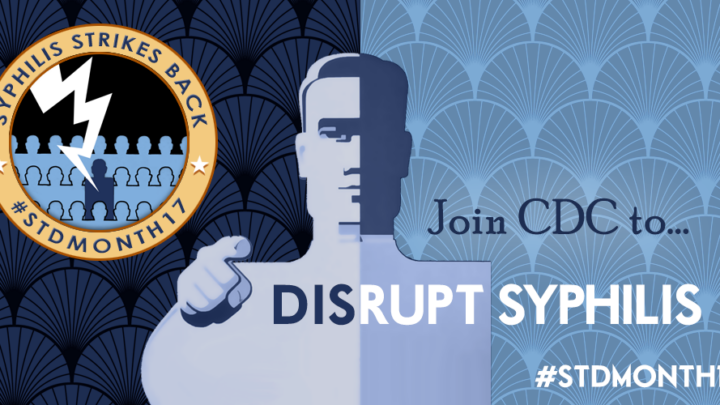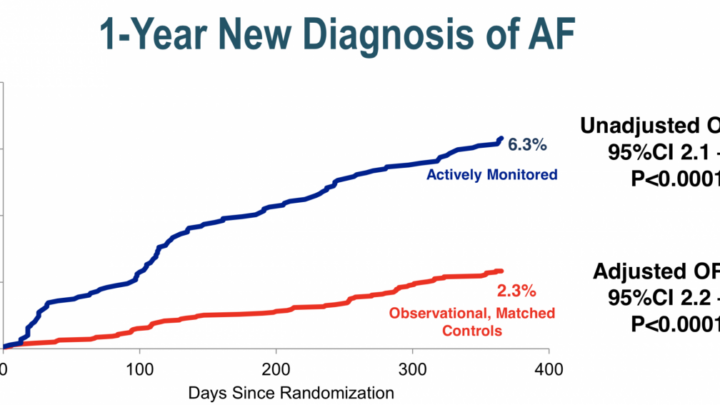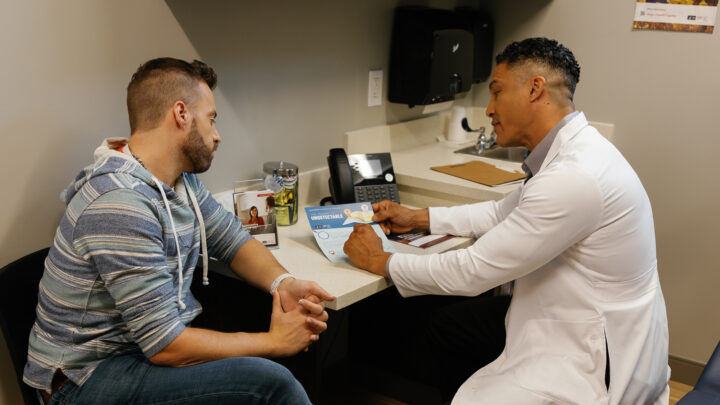
Medical knowledge evolves rapidly, with new research, treatments and technologies and drugs constantly emerging. Keeping pace requires a commitment to lifelong education. It’s not just a professional responsibility, it’s a fundamental necessity as what was one considered best practice may now be obsolete. Continuing medical education can ensure that even experienced physicians remain agile, to provide safe, effective and up-to-date medical care.
Moreover, ongoing education supports the development of critical thinking, ethical reasoning, and communication skills essential for navigating complex patient cases and interdisciplinary care environments. In clinical research, continuing education can allow you to maintain your professional licenses and certifications, reduce errors and master new tools such as AI in diagnostics.
What is clinical certification?
Clinical certifications demonstrate your competency as a clinical research professional to laboratories and employers. This allows you to oversee and manage clinical trials, which can open the door to lucrative employment with hospitals, pharmaceutical companies and other research organizations. Earning this type of credential can enhance your credibility, expand your career opportunities, and position you for higher-paying roles in the research field. In general, medical credentialing is important, but this article will focus specifically on certifications for clinical research and how they can benefit physicians interested in contributing to or leading clinical studies.
Benefits of clinical research certification
You can gain significant professional advantages by earning a clinical research certification. These certifications demonstrate your knowledge of research ethics, regulatory requirements, study design and clinical trial conduct—areas not covered in traditional medical training. Every year, companies and government agencies spend billions of dollars on research and trials, and the demand for physician investigators is constantly growing. Here are some of the benefits of certification:
Enhancing knowledge and skills
The most common reason for seeking clinical research certification according to a poll of U.S.-based Sermo members was to enhance knowledge and skills, voted by 49% of respondents. While you don’t technically need certification to work as a clinical trial manager, many respected programs do require experience running clinical trials to qualify for several legitimate certifications. Still, these certifications can provide you with the knowledge, practical skills and a greater understanding of the ethics principles and regulatory standards needed to run a successful clinical trial and ultimately support the best outcomes for patients.
Increasing job opportunities and salary potential
Although certification is not always mandatory, many hospitals and pharmaceutical companies will not hire a physician as a principal investigator without a valid certification. Certification demonstrates that you are well-versed in ethics, regulatory guidelines, and how to monitor a trial. 33% of surveyed Sermo members sought credentials primarily because they wanted improved job opportunities and higher salary potential. Principal investigators can earn more than $200,000 a year.
Ensuring compliance with industry regulations
Certificates demonstrate your understanding of the specific regulations in place in your state or region, and 32% of Sermo members cited compliance as their primary reason for obtaining certification. Non-compliance can result in severe legal consequences for both a physician researcher and their employing organization or institution.
Gaining professional credibility
Last but not least, certification can give you professional credibility— the most important reason for 35% of surveyed Sermo members. It shows dedication to clinical research and that you are willing to put in the time to gain the knowledge you need to be a good clinical researcher. This not only increases chances for employment, but can have a significant impact on patient trust and the willingness of patients to participate in a trial. Physicians’ attitudes and comfort with clinical trials critically influence patient participation, with recommendations being the most important factor in patient decision.
The best certifications for clinical research in 2025
It can be challenging to decide which certification to pursue, as the options are vast. Some are more reputable than others. It’s important to choose carefully in order to get the best value for your investment and maximize the benefit to your career.
Here are a few options you can consider:
Good Clinical Practice (GCP)
Good Clinical Practice (GCP) is an online course designed to prepare research staff, and is based on the ICH GCP Principles and federal regulations in the U.S. Knowledge of the GCP principles is required to get many other certifications. The GCP course is a self-paced course that takes six hours to complete and requires renewal every three years. It includes basic principles such as informed consent, documentation and quality assurance. It’s wise to consider this course before undertaking clinical research in any role, as it provides a foundation of ethics that can serve you well.
Certified Clinical Research Associate (CCRA)
The Certified Clinical Research Associate certification (CCRA) is an overall certification for clinical research associates (CRAs). Physicians need at least 3,000 hours of experience either as a CRA or in clinical research in some capacity to sit for the CCRA exam. The certificate is designed for working CRAs who can document their education and work experience, and requires renewal every two years. It is administered by the Association of Clinical Research Professionals (ACRP).
Certified Clinical Research Coordinator (CCRC)
Also administered by the ACRP, the Certified Clinical Research Coordinator (CCRC) certification is for research professionals with experience coordinating and facilitating clinical trials. Physicians need 3,000 hours of work experience, or 1,500 hours and a clinical research education program to take the exam. It also has to be renewed every two years.
Certified Clinical Research Professional (CCRP)
The Certified Clinical Research Professional (CCRP) certification is administered by the Society of Clinical Research Associates (SOCRA). It’s a certification for all research professionals. SOCRA designed this certification to be a single credential supporting multiple roles. Candidates must have one of the following:
- Two years of full-time professional experience,
- 3,500 hours of experience in the last five years,
- A degree in clinical research and one year of full-time experience,
- 1,750 hours part-time during the past two years,
- An undergraduate or graduate certificate in clinical research and an associates’ or bachelor’s degree in science, health science, pharmacy or related fields and one year of full-time experience or 1,750 hours part-time during the past two years.
Renewal is every three years with 45 hours of continuing education from an approved provider.
Regulatory Affairs Certification (RAC)
There are two versions of the Regulator Affairs Certification (RAC), one for drugs and one for medical devices. It’s administered by the Regulatory Affairs Professionals Society (RAPS) and is designed to improve your knowledge of regulations in the United States, Europe and worldwide. The requirements to apply for the exam are either a bachelor’s and three years of work experience, masters and two years, or doctorate and one year. Candidates need to obtain 36 recertification credits (not just education, but also public speaking, writing, and involvement with organizations) and renew every three years.
Certified Principal Investigator (CPI)
Certified Principal Investigator (CPI) certification is administered by the ACRP. It requires a heavy combination of education and experience. Physicians need 3,000 hours of work experience and two of the most recent five years must have been spent as a principal investigator or Sub-investigator (Sub-1). Alternatively, the work experience requirement drops to 1,500 hours and one year as a principal investigator or Sub-1 if they have a doctorate degree or have successfully completed a clinical research education program. Candidates who aren’t doctors must be physician’s assistants or nurse practitioners who have worked as principal investigators.
Among a small sample of U.S. Sermo members surveyed on which certification they hold or plan to pursue, the CPI certification was the most popular at 19%. The second most popular was GCP certification at 17%, followed by the CCRP. Notably, the majority of sampled physicians were not pursuing any certification.
How to choose the right certification
If you’re considering a clinical research certification, you should consider the following steps before choosing a course. It’s worth the effort, as a low-quality or the wrong certification provides few or no benefits.
Identify your goals and objectives
The certifications you’ll need if you’re already a principal investigator and want to obtain credibility are different from those required if you’re newly pivoting towards clinical research. Many of these certifications require work experience in clinical research in a more junior role. Consider your career goals and plans for the future. Are you aiming to secure a particular position? Acquire specific knowledge? Or simply obtain a well-rounded education?
Research and evaluate course providers
You should consider who is providing a course. Reputable professional associations are often the best source of both continuing education and certifications. Make sure to do further research, taking into account what is recognized in your country or region.
Examine the qualifications of the instructors and examiners. Review the course content and curriculum. Finally, look for reviews and testimonials from your peers.
Check for industry recognition
The course that you select needs to be recognized in your industry and region in order to provide positive value. One way to do this is to look at job listings for investigators and see what certifications potential employers are looking for.
Assess learning resources and support
Does the provider provide any educational course materials or resources for finding them? What learning styles are accommodated? Are there opportunities for collaborative education? Many certifications are based on work experience, but there is also typically an examination and you seek to find resources on what to expect and the kind of questions that might be asked. You should also look for opportunities to interact with instructors and/or peer mentors.
You may also want to verify if the provider has a support team, particularly if you’re taking the exam online.
Consider cost and value
Compare the cost of the certification with the likely return on investment in terms of knowledge and potential career interaction. Consider whether the exam will help you improve your earning potential and/or whether it will encourage you to learn materials you might need for the future. The value of a certification isn’t just monetary, but can also be in the form of improved knowledge, ethical reassurance and industry respect.
Seek recommendations and advice
It’s smart to seek recommendations and advice from your peers. You should, in particular, talk to doctors who have already taken the certification in your specialty, whether in their place of employment or elsewhere. Joining communities like Sermo can help you to get insights, opinions, and recommendations from verified physicians who have experience in clinical certification or may be in a similar position to you.
Make an informed decision
You shouldn’t rush into obtaining certification, but should get all the information you can and make a measured, informed decision based on your goals, values and future and present career needs. Make sure that the course comes from a reputable provider and is recognized by prospective employers and the industry as a whole in order to get the most value out of the cost of obtaining certification.
The takeaway
Clinical research certifications can increase your earning potential and open doors to more jobs in clinical research, including cancer treatment and work on advancing medical technologies. Consider courses that include top-rated GCP and CPI courses as well as various others.
Sermo can help with this decision by giving you access to over a million verified doctors who have answers through lived experiences. Join today to find out what your peers are saying about clinical research certification and thousands of topics that matter to you.















